For governments at war, the media is an instrument of war or an element in war that is to be controlled
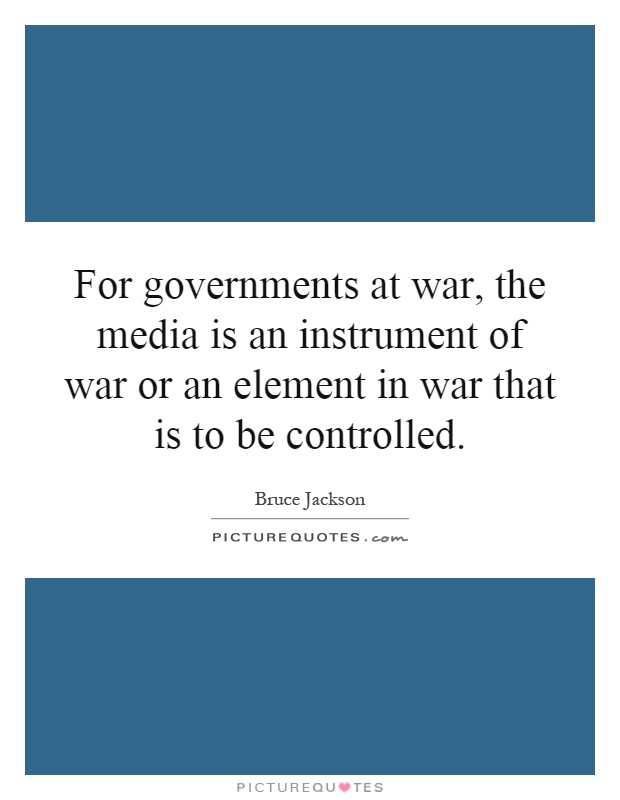
For governments at war, the media is an instrument of war or an element in war that is to be controlled
Bruce Jackson, a renowned American filmmaker and anthropologist, once famously said, “For governments at war, the media is an instrument of war or an element in war that is to be controlled.” This statement holds true in the context of modern warfare, where the media plays a crucial role in shaping public opinion, disseminating propaganda, and influencing the outcome of conflicts.In times of war, governments often seek to control the narrative presented to the public through the media. This can involve censorship, propaganda, and manipulation of information to sway public opinion in favor of the government's objectives. By controlling the media, governments can shape the perception of the conflict, demonize the enemy, and rally support for their cause.
One of the key ways in which governments control the media during wartime is through censorship. This can involve restricting access to information, suppressing dissenting voices, and manipulating news coverage to fit the government's agenda. By controlling what information is disseminated to the public, governments can control the narrative and shape public opinion in their favor.
Propaganda is another powerful tool used by governments to control the media during wartime. By disseminating propaganda through the media, governments can manipulate public opinion, demonize the enemy, and justify their actions to the public. Propaganda can be used to dehumanize the enemy, rally support for the war effort, and justify the use of military force.
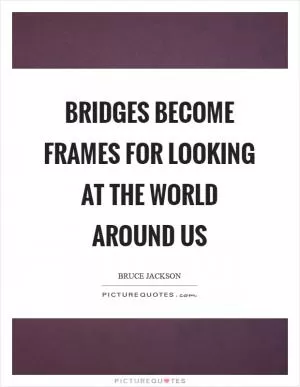
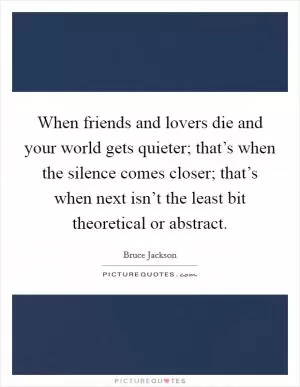
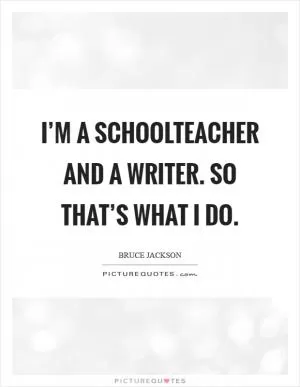
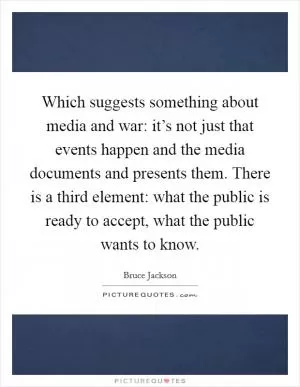
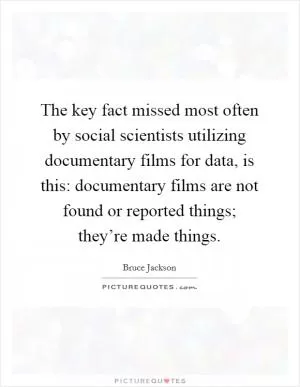
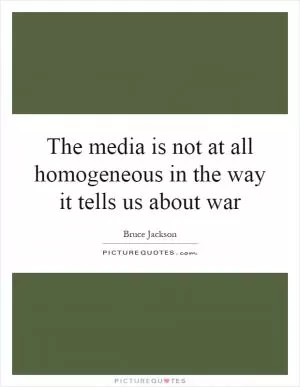
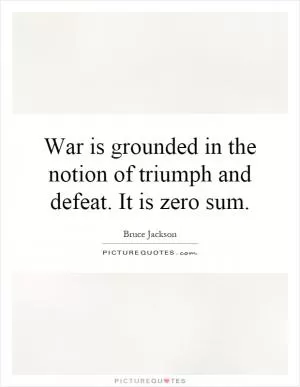
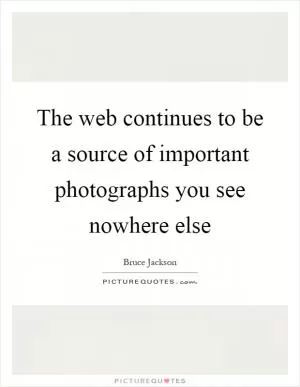
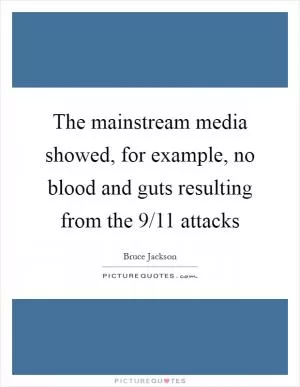
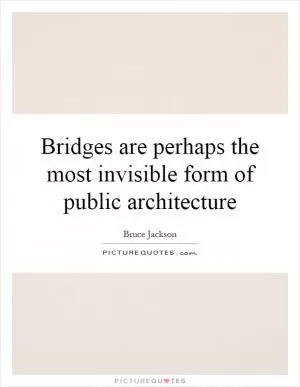
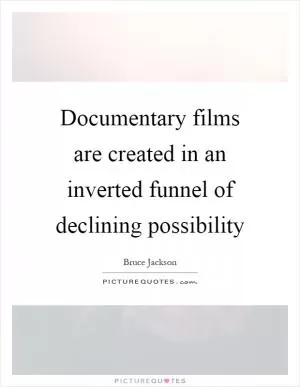
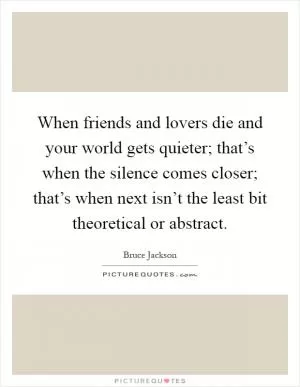
 Friendship Quotes
Friendship Quotes Love Quotes
Love Quotes Life Quotes
Life Quotes Funny Quotes
Funny Quotes Motivational Quotes
Motivational Quotes Inspirational Quotes
Inspirational Quotes